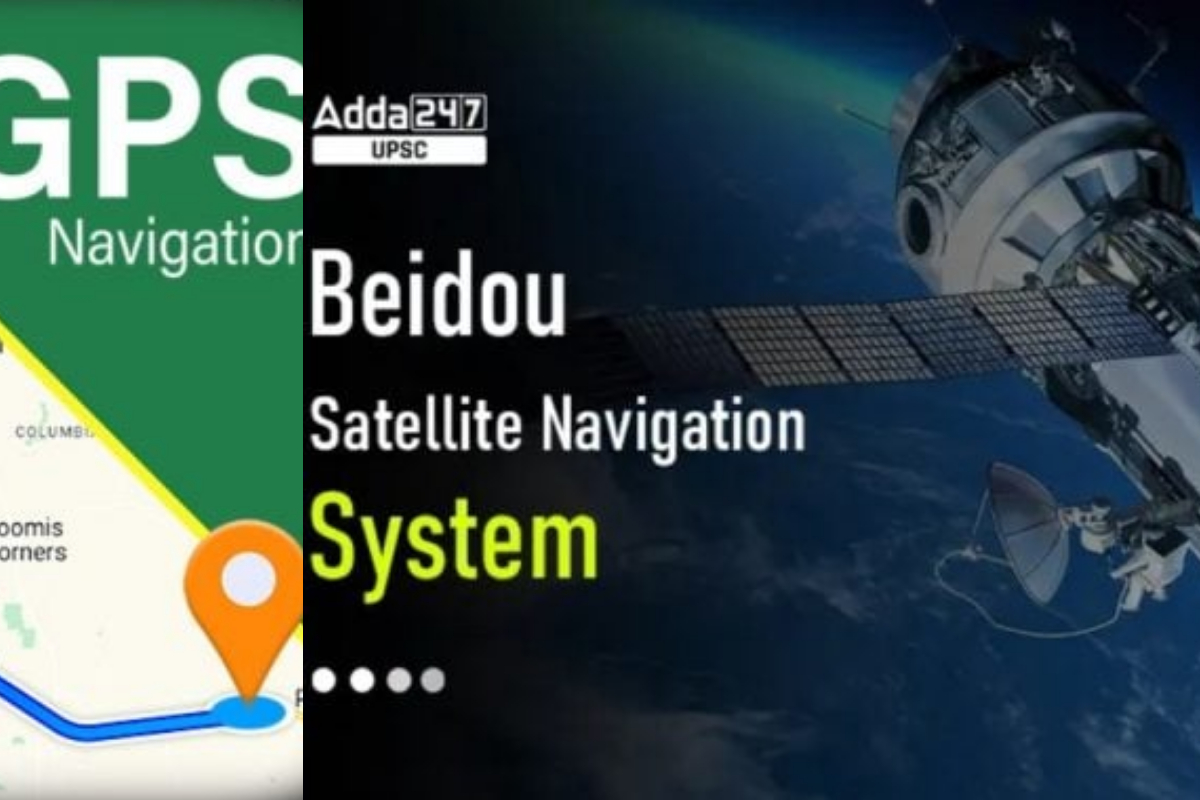In a groundbreaking development, China’s BeiDou satellite navigation system has ended the United States’ 30-year monopoly over global GPS control. This shift marks a significant moment in the world of digital navigation, especially as more countries begin to move away from relying solely on U.S.-based satellite services.
Iran Completely Abandons U.S. GPS after conflict with Israel:
In the aftermath of its military conflict with Israel, Iran has entirely stopped using the U.S. GPS. The country has now adopted China’s BeiDou system for its border security, aerial surveillance, and military navigation. Reports confirm that all American GPS signals have been blocked across Iran, making a complete switch to BeiDou.
For over three decades, Iran depended on the U.S. GPS, which gave the U.S. potential control over Iran’s critical military and communication systems. During the Israel conflict, Iran realized how vulnerable it was, as the U.S. could disable satellite navigation at any time, affecting missile guidance and military operations. This prompted Iran to seek a safer and more independent alternative, and BeiDou proved to be the solution.
🚨🇺🇸🇮🇷Iran just completely shut down American GPS signals within in the country and replace it with China’s Baidu system. pic.twitter.com/Yj9GlLfzJx
— Defense Intelligence (@DI313_) June 30, 2025
A Shift No One Is Talking About:
Surprisingly, this major geopolitical and technological shift is not widely being discussed. For years, the United States used its GPS network to maintain strategic global control, often limiting or cutting off access during sensitive situations. The switch by Iran — and many others — is seen as a move to break free from that control.
BeiDou: China’s Game-Changing Satellite System:
China’s BeiDou system has now emerged as a game changer in the field of satellite navigation. Experts regard it as even more efficient and accurate than the traditional U.S. GPS in certain regions. It provides global coverage, with enhanced services for positioning, navigation, and timing.
Used in Over 140 Countries:
As of now, more than 140 countries have started using China’s BeiDou system, including several major economies and developing nations. This growing adoption signals the decline of U.S. dominance in the satellite navigation space.
End of U.S. Control through GPS:
For 30 years, the U.S. maintained strategic control of global navigation through its GPS satellite network. It could restrict access, disrupt signals, or prioritize military applications whenever necessary. But now, with BeiDou’s expansion, that era of control appears to be coming to an end.
China’s success in rolling out a fully independent, globally accepted navigation system shows a major power shift in digital infrastructure and space technology. As the world gradually moves toward BeiDou, the monopoly once held by the U.S. is being broken — one satellite at a time.
[embedpost slug=”russia-has-warned-to-quit-nasas-international-space-station-mission/”]




















